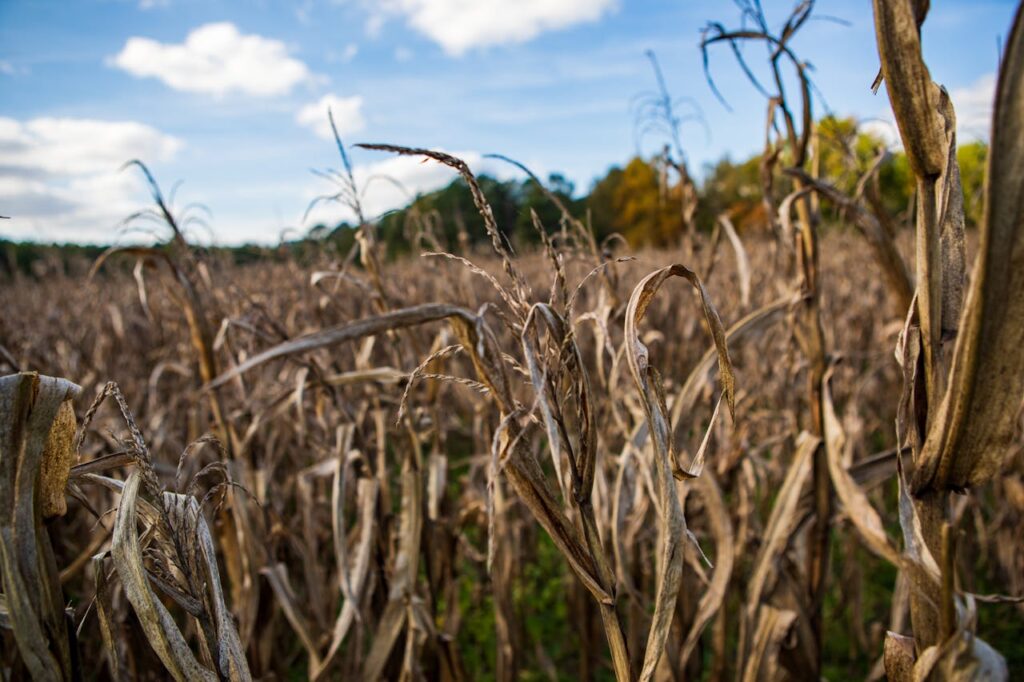Proposed New Tax Laws Could Shape the Future of Farmland in British Columbia
At the 2024 Union of B.C. Municipalities (UBCM) Convention, significant steps were taken toward reshaping the way farmland in British Columbia is taxed. Two out of three proposals from Pitt Meadows, a city that has been at the forefront of agricultural reform, were endorsed, setting the stage for potential legislative changes that could address the underutilization of farmland across the province.
Supporting Agricultural Productivity and Food Security
One of the endorsed proposals calls for the creation of an “unfarmed land tax.” This measure would impose taxes on landowners who fail to use their property within the Agricultural Land Reserve (ALR) for farming. The rationale is straightforward: farmland should be productive. Pitt Meadows’ Mayor Nicole MacDonald, who represented Metro Vancouver at the convention, expressed her pride in the city’s efforts to promote agricultural viability. By penalizing those who leave their farmland idle, the city aims to encourage more robust farming activity, which in turn enhances food security and sustainability across the region.
The second resolution endorsed at the UBCM convention proposes that vacant or unfarmed land should no longer qualify for a school tax exemption. This, according to MacDonald, is another lever to promote the proper use of agricultural land. The resolution seeks to ensure that agricultural land serves its intended purpose, contributing to local food production and economic sustainability.
The Growing Importance of Local Agriculture
Mayor MacDonald emphasized that these measures are critical to building a “productive agricultural land base” in B.C. With growing concerns about food security, it’s imperative that farmland in the ALR be fully utilized. The endorsed resolutions reflect a broader commitment to sustainable farming practices, which will be pivotal as the region grapples with the impacts of climate change and global supply chain disruptions.
The third proposal from Pitt Meadows, which was deferred due to time constraints, would increase the minimum gross income required for farmland to be classified as a farm, making it harder for landowners to claim tax breaks without generating meaningful agricultural output. While this proposal has yet to be discussed in detail, it signals the city’s ongoing commitment to reform.
What’s Next for Farmland Reform?
With two of the three proposals now endorsed, the next step is for the B.C. government to consider these resolutions and respond accordingly. If enacted, these laws could have far-reaching implications for farmland use across the province, potentially revitalizing underused areas and supporting the growth of B.C.’s agricultural sector. These proposals are not just about taxation; they are about reimagining the future of local food production and reinforcing the value of sustainable farming for future generations.
Original Article https://www.mapleridgenews.com/local-news/pitt-meadows-farming-proposals-heading-to-the-provincial-government-7555113

